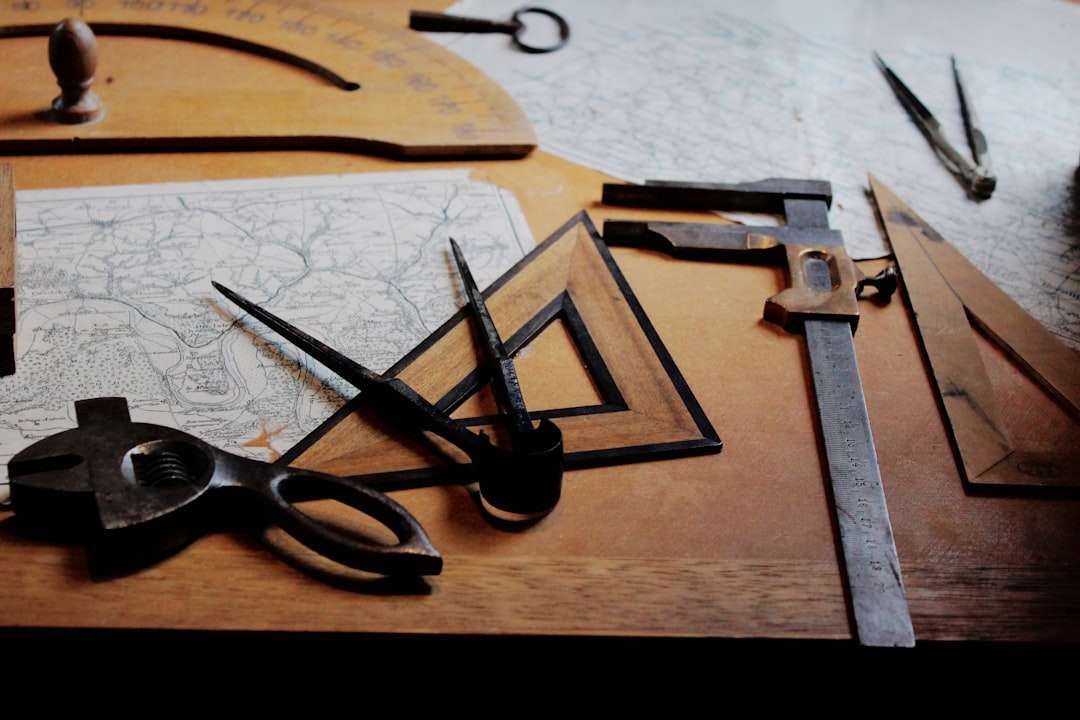Silver halide emulsions and cartridge loading Leica cameras
02/08/17 21:14
Currently there is a very slight surge in the sales of silver-halide films and their developers. The Spur company is busy researching the best chemicals fro developing the classical Agfa microfilms, new bW emulsions are being introduced by Ferrania, Bergger and Adox. Improved chemicals are produced by Adox, Spur, and Moersch and several others. The choice which film to use was a main issue in the past and it still is. While much hype and mystique has been removed from the craft (try Tr-X in Rodinal compared to Tmax 400 in FX-39) since the publication of the book by Henry, Controls in BW Photography, many photographers still cling to the technical ideas of Ansel Adams. My own choice is to use any film/developer combo, expose with the Sekonic L-398 and develop according specs and print with the Heiland Split grade system. Most negatives are very well exposed and easy to print. With A4 as the largest size (8 times) , I have hardly any problem with grain or sharpness. At 15 times enlargement the differences become important and here the fine tuning starts.
The lens of choice is the Apo-Summicron-M 50 mm asph and the Summilux-M 50 mm asph.
What about the body? Leica has produced more film loading bodies than sensor-equipped (FPA) bodies. From M3 to M7 and M-A there is a wide choice and very cheap in many cases. An M6 is an excellent camera, capable of delivering outstanding results, often better than what can be achieved with an M10 and on the face of it in even shorter times, adding the laborious post-processing computer time. There are many differences between the several generations of the M6, especially valuable to collectors, but irrelevant to users. Any M6 can be brought to near factory conditions by a competent Leica repair person. The current MP is simply an M6. The M-A is a retro-version of the M3 and the M7 is the best automated camera Leica has ever built, before the M8.
On holiday this year I was visiting the German state of Thuringen, with the cities of Gotha and Weimar and a lost list of very quiet small villages where the time seems to be standing still. This is the same experience when using films. There is hardly any competition, everybody is friendly and mixing systems is easy and even encouraged.
The digital world, as a contrast, is a state of great flux and dynamism. The newly announced Nikon D850, the mysteries around new Canon bodies, the relentless competition by Sony and Fuji, are difficult to assess and predicting the future is a great problem. The Leica SL has been dropped in price, the lenses are disappointing, the TL2 has its range of problems, the X-series and the S-series are forgotten and so on. Try to sell an M9 or M240 and a disappointment will be experienced.
The film world is much more relaxed. No more new cameras will be introduced, second-hand cameras are very cheap, new chemicals fit the state of the art and new films follow a classical pattern.
The digital technology is very much in a flux and more innovations are to be expected. Whether this will allow the photographer to make better photographs is a big question mark. ‘Better’ is a subjective concept, but as long as the primary viewing medium is the computer screen, not much improvement may be expected.

